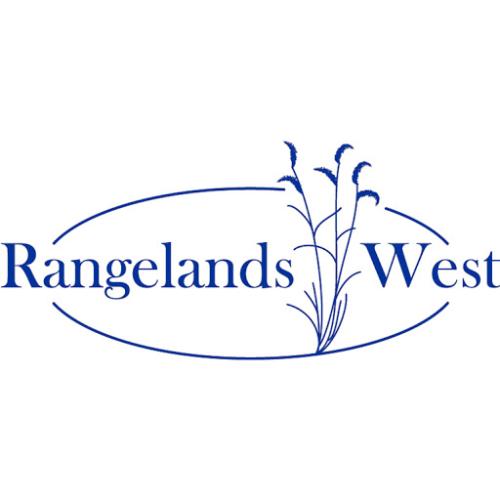This book was begun as a study of a comparatively small local area; one that occupies a transitional position both as between the bluestem pasture region and the central wheat belt, and as between different degrees of subhumid Low Plains. The procedure of local historical research and writing could be followed with a reasonable degree of satisfaction only until the later part of the century. By that time the kind of sources used for the early period were no longer adequate for the study of the period after 1902. As a strictly local history, therefore, it has been closed with the turn of the century, 1901-1902. The four-county area was no longer a separate locality in the old sense. The boom of the middle eighties was so conspicuously a town and industrial phenomenon that the gradual differentiation between town and country was crystallized sharply. The county newspaper no longer recorded the common place efforts of the whole community in the style of the more primitive frontier society. The editors became interested in emphasizing the growth of the new Chicagos of the Plains, manufacturing establishments, street cars, water works. It no longer made any difference whether a farmer plowed or listed his ground; used a sled or a harrow to cultivate his corn, a header or a binder to harvest his grain, or whether it was too dry to plow in July or to sow in September, or how much wheat was winter-killed by the last freeze or blown out by the last wind or dust storm. News was the price of town lots and the arrival of the latest big "capitalist" whose only investment might be his hotel bill which he could not pay. The "doings" of the Society Leaders of the city became supremely important; the latest and the next dance, the progressive euchre party. There was a corresponding tendency on the part of the farmers to withdraw to themselves in Farmer Alliances and other class conscious organizations to exploit their grievances. With the collapse of the boom there was some reversion to things as they were but there could be no complete resumption of the unified community life. The differentiation of interest between town and country was a part of the process of becoming socially mature, the boom had only hastened and accentuated its worst features.

Articles, citations, reports, websites, and multimedia resources focused on rangeland ecology, management, restoration, and other issues on American rangelands.